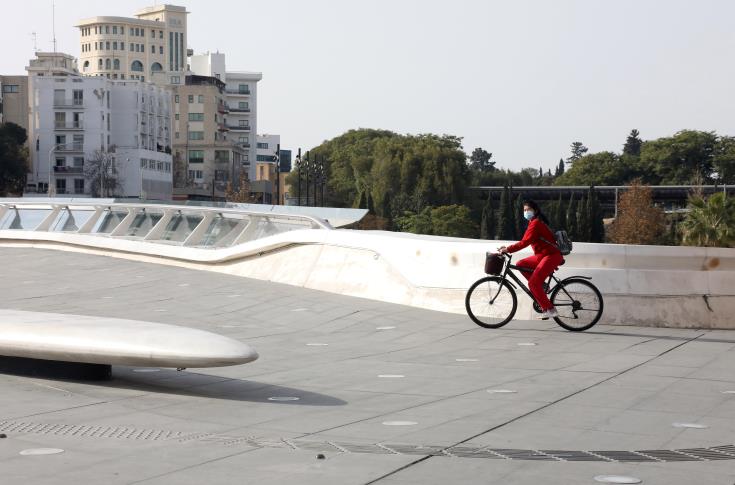Cyprus has entered into lockdown again to stop a new wave of coronavirus fuelled by the more potent UK variant as hospital admissions reach record highs.
Since the pandemic began in March 2020, the island’s third lockdown came into effect Monday and will last until midnight on 9 May.
Sunday saw the most worrying of benchmarks breached since the pandemic started, with 301 hospitalisations, 74 are critical.
A curfew has been brought back to 9 pm until 5 am; only one non-work trip is allowed outside the home via text message to 8998.
Movement for vaccination against COVID-19 does not require a text message.
During Easter, churchgoers can attend services in a church courtyard on Easter Saturday, with social distancing and seating.
On Easter Saturday, up to 50 people are inside a church.
On all other days, the presence of believers in places of religious worship is prohibited either indoors or outdoors.
The curfew will be lifted until 1 am on Easter Saturday only.
Religious ceremonies (weddings, christenings, funerals) can be held with a maximum of 10 persons are allowed.
The presence of people in places of religious worship is permitted for individual prayer and with a maximum of 10 present at the same time.
Gathering or social events, regardless of venue (private or public space), indoors or outdoors, are prohibited.
Only for Easter Sunday (2 May), two families may be present in homes, provided that the total number of persons in the house does not exceed 10, including minors.
Two SMS messages for movement will be allowed on Easter Day.
All hospitality areas are closed except for delivery and take away; after 9 pm, only home delivery is allowed.
Non-essential businesses, cinemas, theatres, and other venues are also closed, including gyms and after school lessons.
Personal training is allowed in open spaces with a maximum of two persons present.
All sports and social activities for children under the age of 18 are prohibited.
Remote work in public service is compulsory for at least 20 % of the staff, except for essential and other services.
For private service providers, the physical presence of 20% of staff is allowed, with a minimum number of three employees and a maximum of 25.
For businesses/services with a physical presence of up to five (5) persons, testing is mandatory for all five persons.










